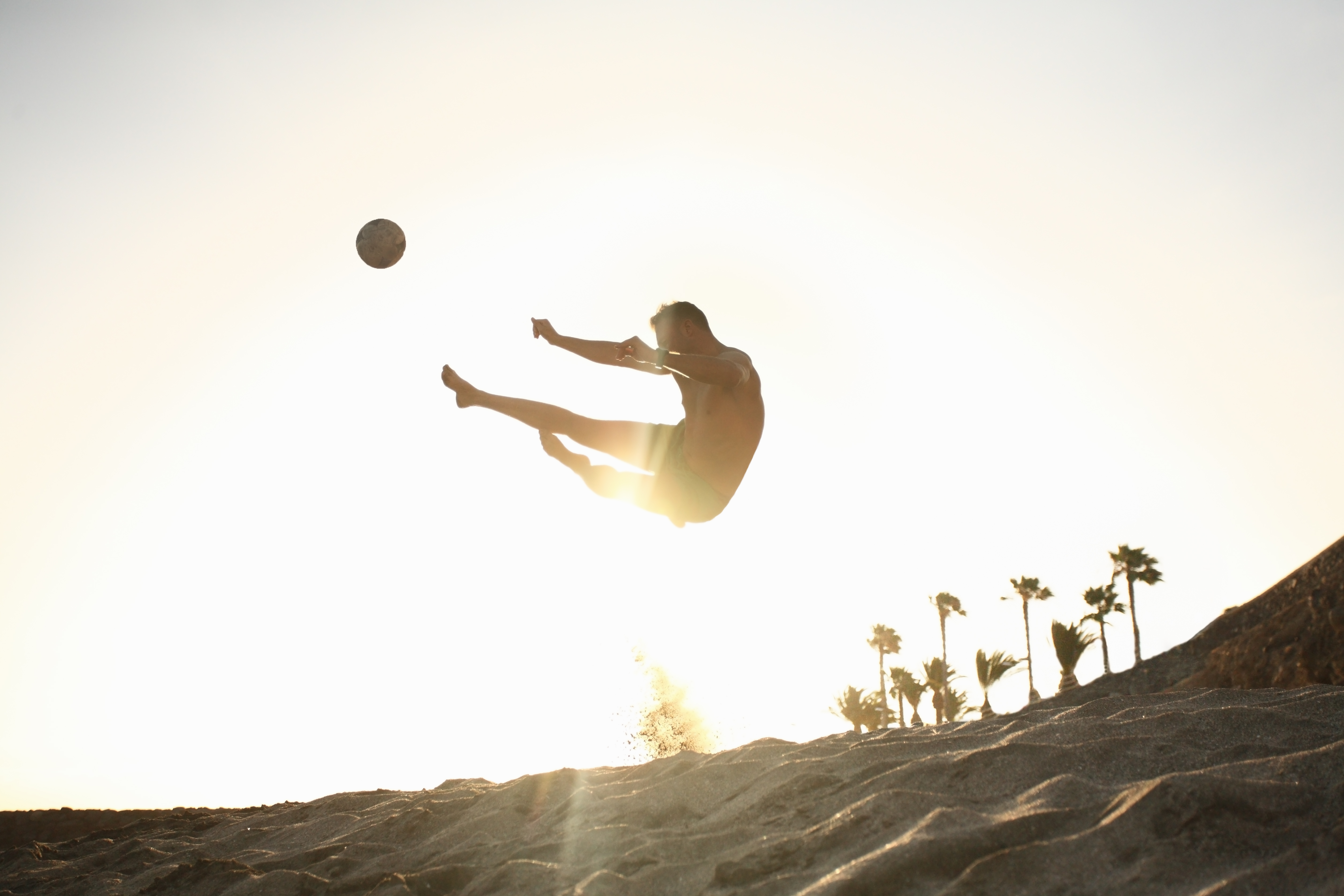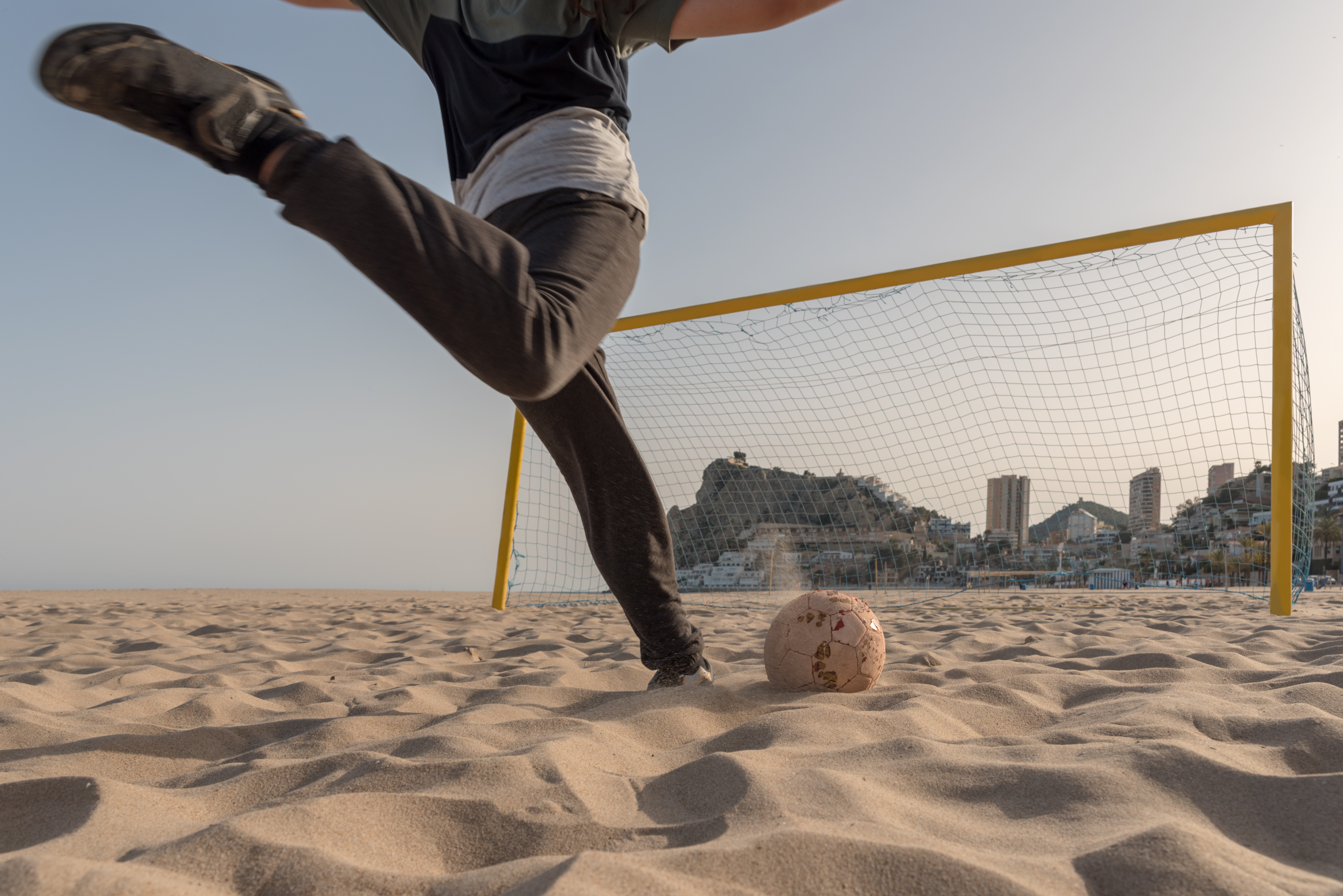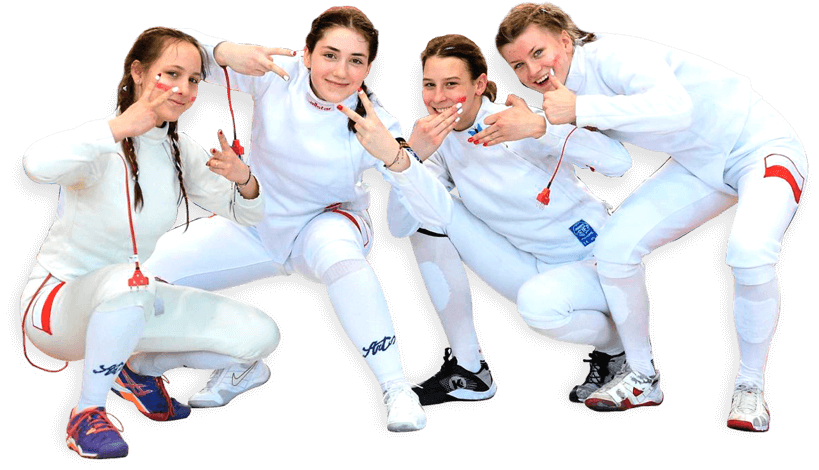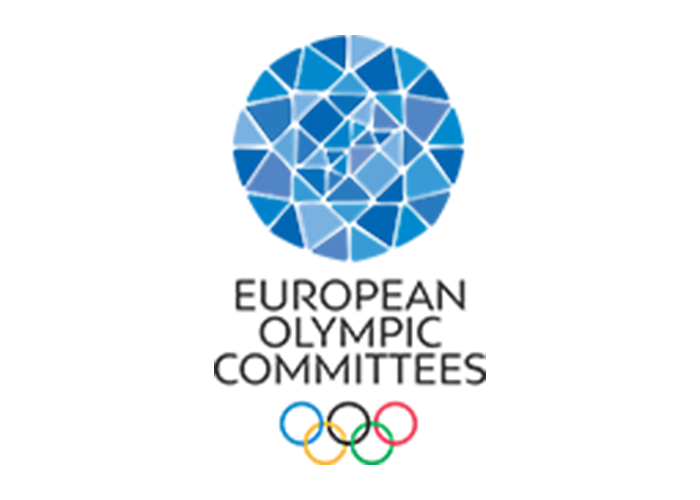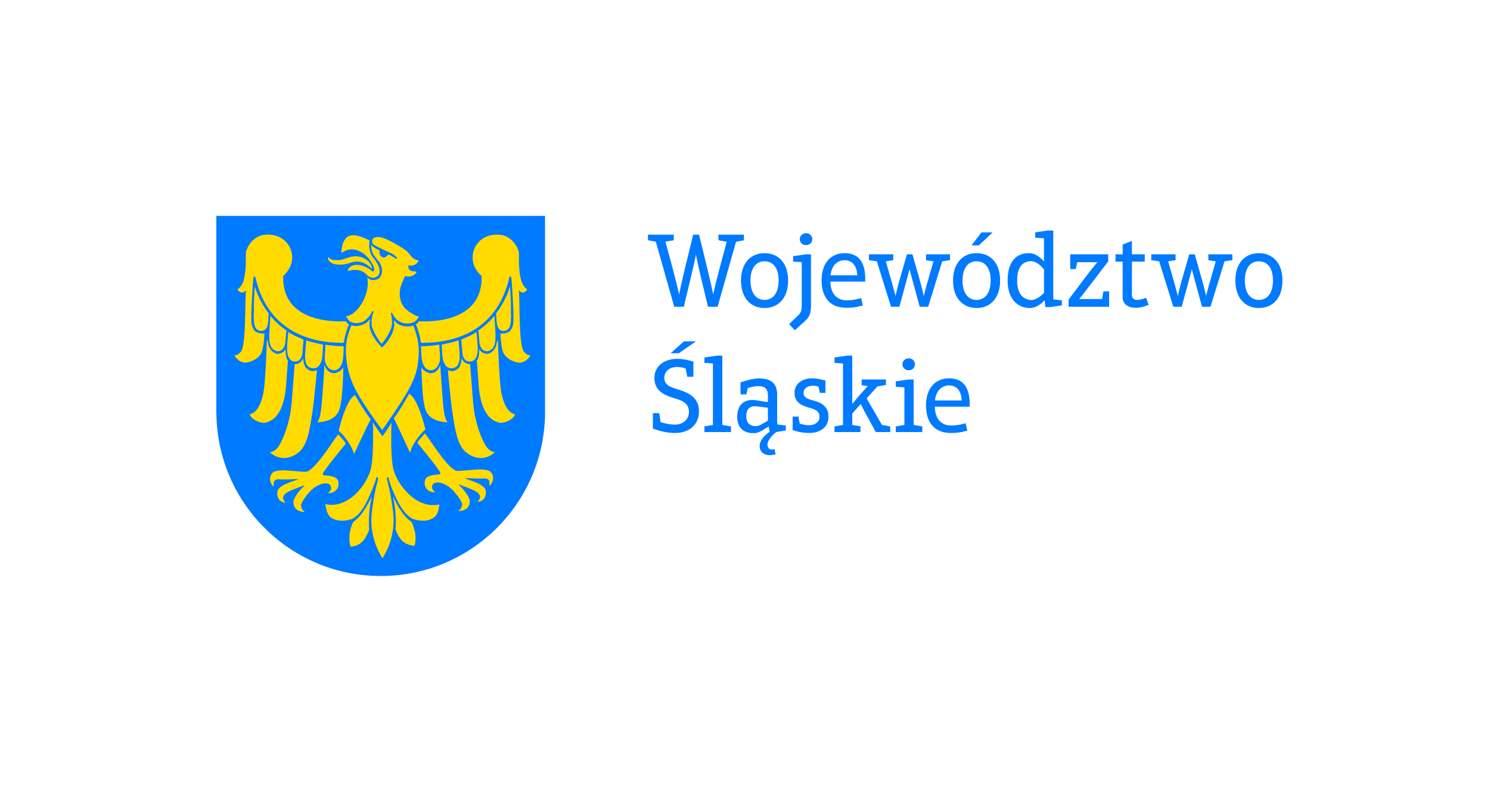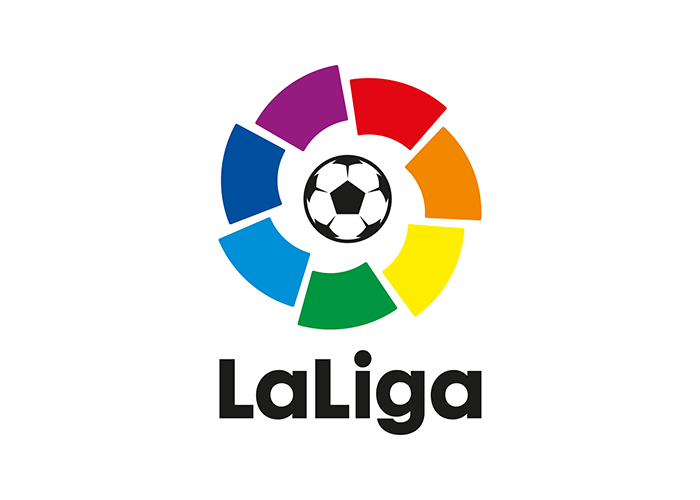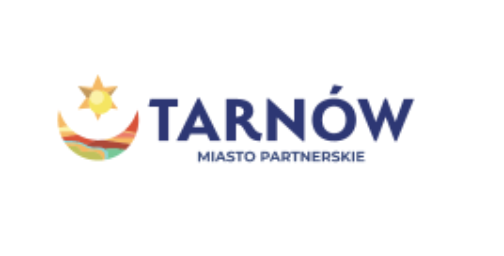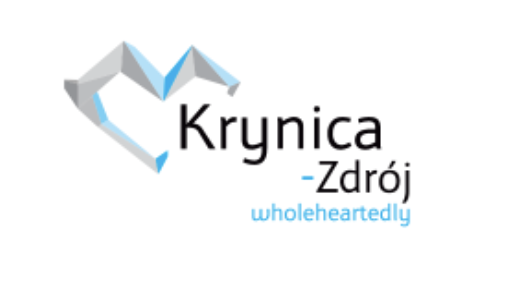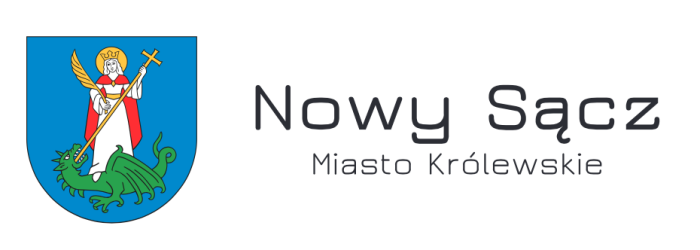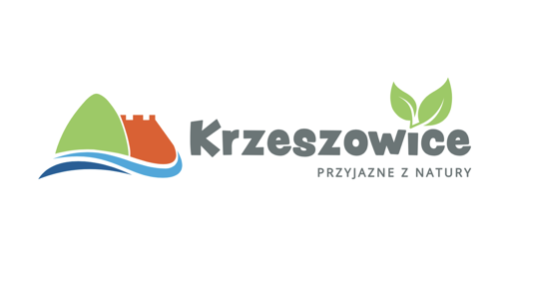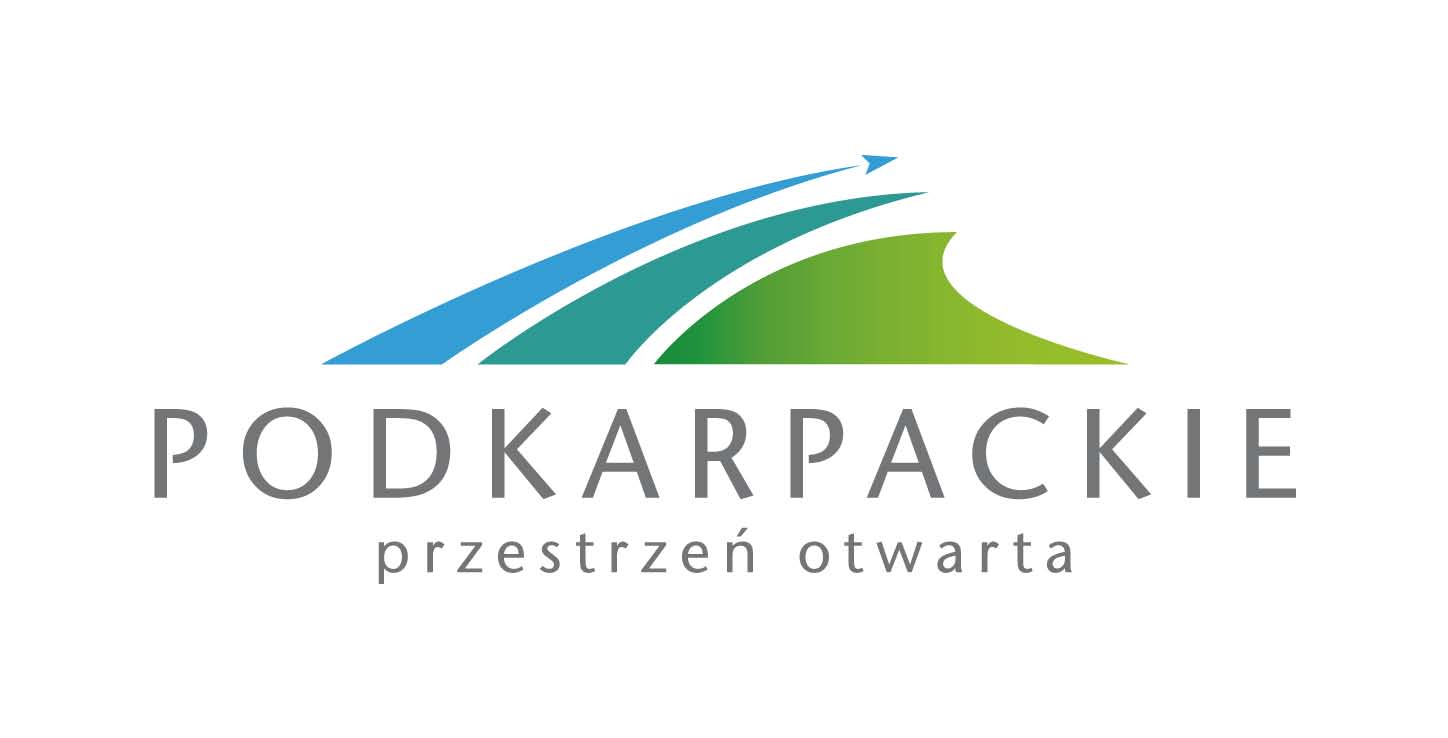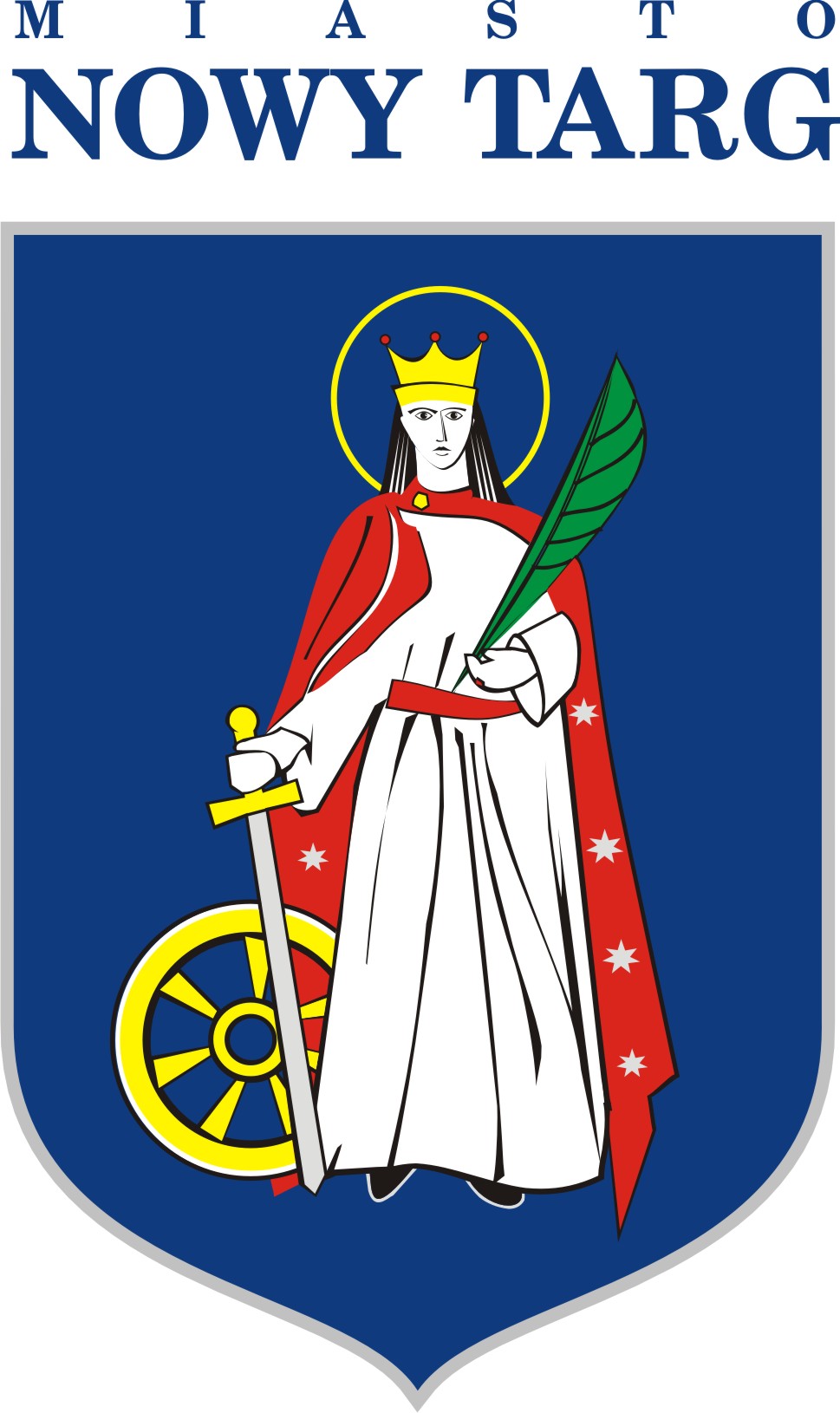Beach Soccer/Non-olympic sport disciplineEVENTS
- Men
- Women
Beach Soccer
Beach soccer will be played in Tarnów
Beach soccer is once again included in the programme of the European Games, which this time will be hosted by Kraków and Małopolska. The leading European teams will meet at the facilities in Tarnów, where on June 27, they will start competing for medals.
Beach soccer was born in Brazil. On the beaches of Rio de Janeiro, matches played on sand have been held since the 1940s. Initially, it was purely amateur and recreational, although in 1950 first regional tournaments were organised.
At the end of the 1980s, international stars, such as Romario and Eric Cantona, began to appear in the new variant of football, which contributed to the increase of its popularity and led to the official codification of the rules in 1992. Three years later, the first World Cup was held at the famous Copacabana, although not yet under the auspices of FIFA.
The International Football Federation has been an organiser of the championships since 2005. The first three editions, held annually, were also played at Copacabana. In 2008, the championships moved to Marseille, and a year later it was played on the beach of Dubai’s Jumeirah. Around that time, the decision was made that the tournament would be held every two years.
Beach soccer was featured in the first European Games hosted by Baku. In the final, the Russian team turned out to be better than Italy. Four years later, Minsk also hosted beach soccer, and this time Portugal was the best – with the legend of this discipline in the team, Madjer. They won the final against Spain.
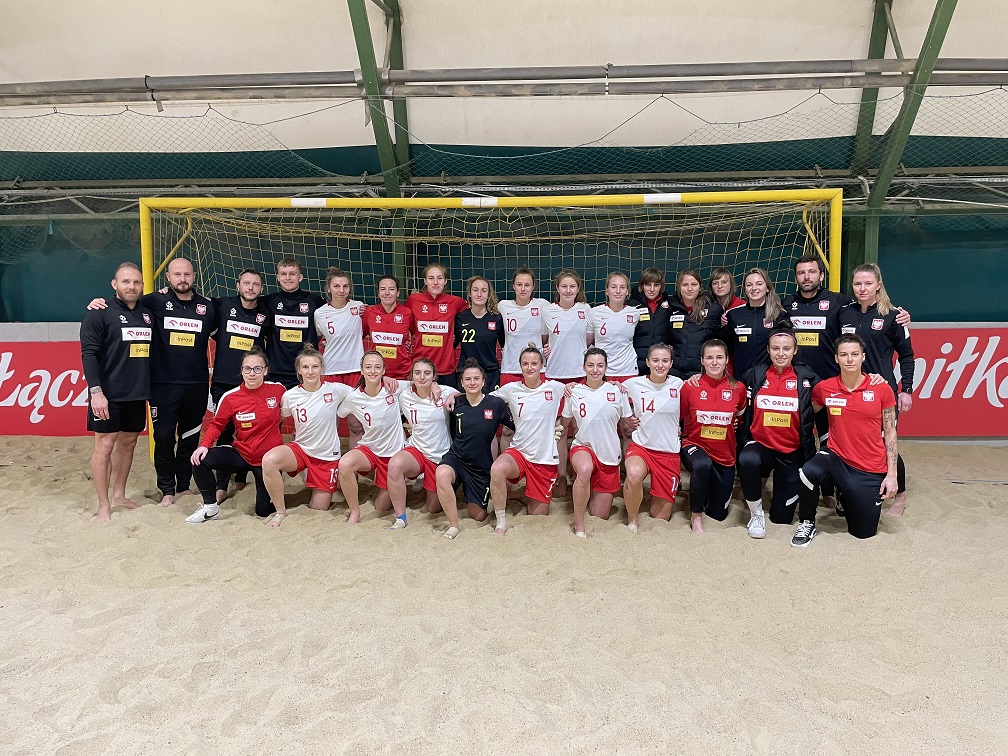
Beach soccer rules
Beach soccer is played in teams of five. An additional seven players can sit on the bench, and the number of substitutions is unlimited and takes place in a hockey style, without having to stop the game.
The match lasts 36 minutes and is divided into three periods. The intermissions between them last three minutes. The referee stops the clock at each stoppage of play. The pitch is covered in sand and is 35-37 meters long and 26-28 meters wide, with the goals 2.2 meters high and 5.5 meters wide. There are only boundary lines on the pitch, while the penalty area, nine meters from the end line, and the centre are marked by flags placed behind the touchline.
Beach soccer is also characterized by several specific rules not found in other varieties of football. One of the most important elements in it is set pieces, mounds built without the use of hands. In beach soccer, you cannot set up a wall like on the grass pitches – defending players can’t block or cover the goal in any way.
It is also unacceptable to attack a player who is doing a bicycle kick, which is one of the most characteristic moves on the beach. Instead, it is legal to play the ball to the goalkeeper, who can catch a pass from his teammate, but this is only allowed once per action until it is played by an opposing player. In addition, the goalkeeper may not possess the ball in the penalty area for more than four seconds.
The competition in beach soccer at the III European Games will start on June 27 and will last until July 1, when matches for gold medals will be played. Eight teams will participate in the men’s competition, while six teams will participate in the women’s competition.
Apart from the Polish national team, Azerbaijan, Italy, Portugal, Switzerland, Ukraine, Spain and Moldova will join men’s tournament, while Portugal, Ukraine, Italy, Great Britain and Spain will play alongside Polish women.
The Beach Arena Tarnów, located 82 kilometres from Kraków, can accommodate 2,100 fans who will have an opportunity to admire 168 players’ skills. Beach handball players will also compete in this facility.
In both of these disciplines, the best teams are going to win medals at the European Games.
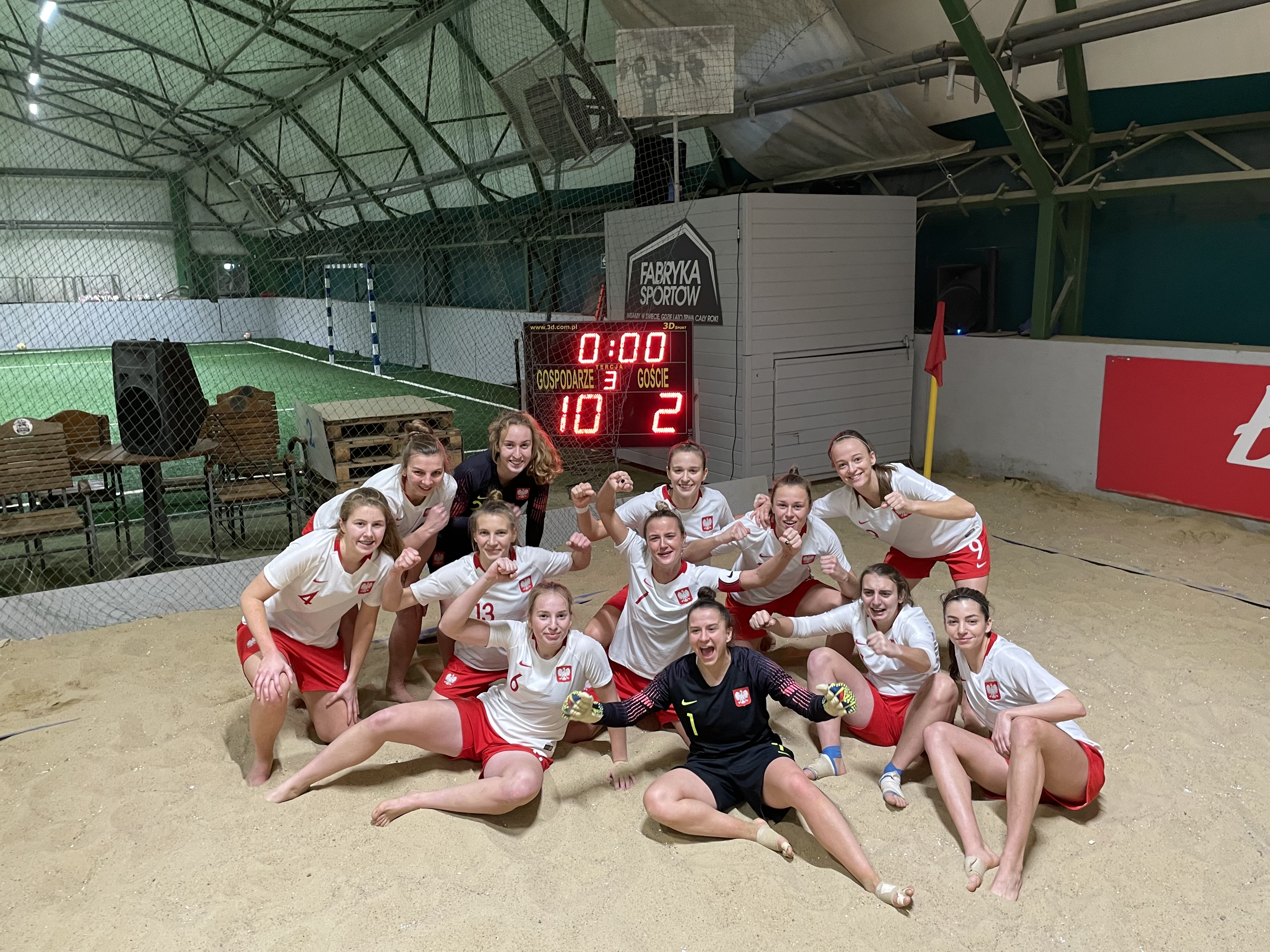
Beach Soccer Venue
